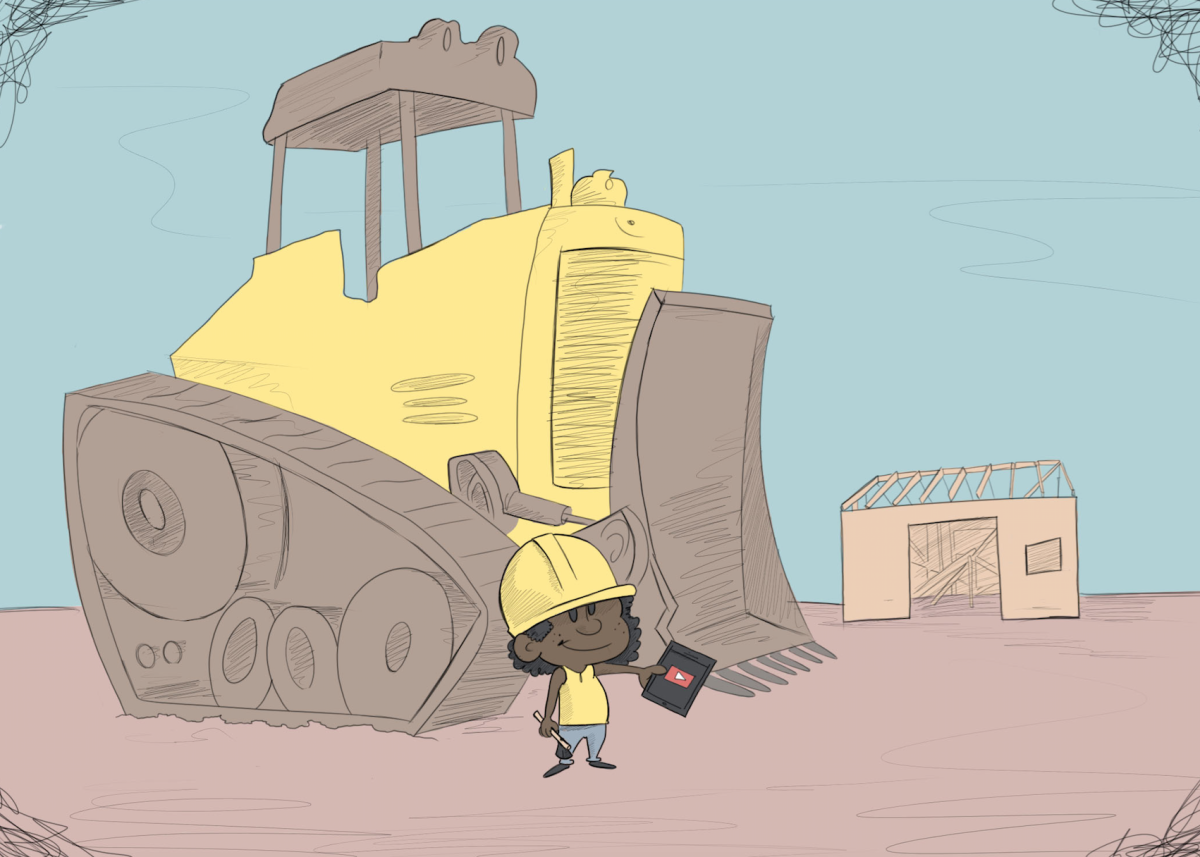Do-it-yourself culture is a phenomenon the modern world has transformed into an entire industry. With websites like YouTube, DIYNetwork and WikiHow, there are few things the internet cannot give instructions for. There are articles about mundane things such as how to fall asleep to articles instructing you on how to build a house.
YouTube is a completely different realm of DIY culture, as it hosts visual representations of the articles on various DIY sites. It’s also the more lucrative realm of DIY culture.
Lauren Riihimaki, known as LaurDIY on YouTube, is a vlogger with close to 9 million subscribers and a net worth in the millions. The creator of videos with up to 30 million views, she’s a YouTuber favorite. She’s also one of many who have found a way to monetize a culture that has swept the nation by storm. It’s remarkable what her and other YouTubers in her category have managed to do.
DIY culture has roots in ancient Greek civilization in Italy, and even in 1900s North America. The current presence of DIY culture stems more so from the punk movement of the 1970s. Instead of following traditional routes to musical fame, bands began handling their own musical merchandise, marketing and recordings in order to gain the same fame for a lower cost. It was one of many gateways to DIY culture as we know it.
Those are only a few sources of knowledge for learning how to do something on the Internet. Typing a simple “how-to” query on Google will bring up millions of results.
This is revolutionary because DIY culture has completely changed and shaped the way people of the world consume knowledge. Knowledge is no longer confined to the four walls of a classroom or the thick pages of a textbook. It’s in our palms, in our laps and on our television screens. There is genuinely no reason not to gain as much knowledge as possible.
The same knowledge taught to a graduate student pursuing an MBA is available on the Internet. Insane, right? There is so much available to learn.
DIY was also created as a way to undermine consumerism. The practice of doing something yourself directly opposes the consumerism principle of relying on another to satisfy your needs. If you knew how to do something for yourself, would you? If you could, why wouldn’t you? In modern society, DIY culture is serving that exact purpose.
The current DIY culture is awe-inspiring, at the very least. With many of us no longer calling handymen, hair stylists or tailors to fulfill our needs, the shift to doing everything yourself is very much felt in the world. DIY culture signifies a shift from a world based in relying on others to a self-reliant one, something that is great for everyone involved.
Maya Stevenson is a 19-year-old English and economics sophomore from Baton Rouge, Louisiana.







